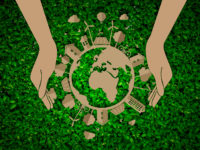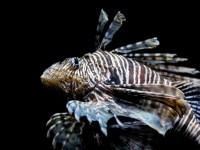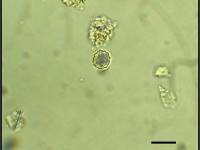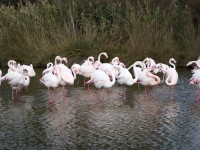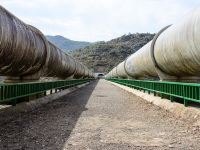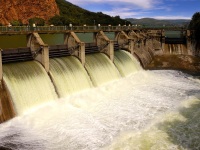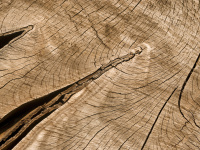Ecology is an environmental science in its most literal sense – the study of environments and the entities within it. Although closely associated with environmentalism and conservation today, it does not necessarily follow; an ecology can also be human gut flora, how the elements of an urban environment function, and the ecology of soil nutrient…
Read more
Ecology: Examining the Relationships Between Living Things
